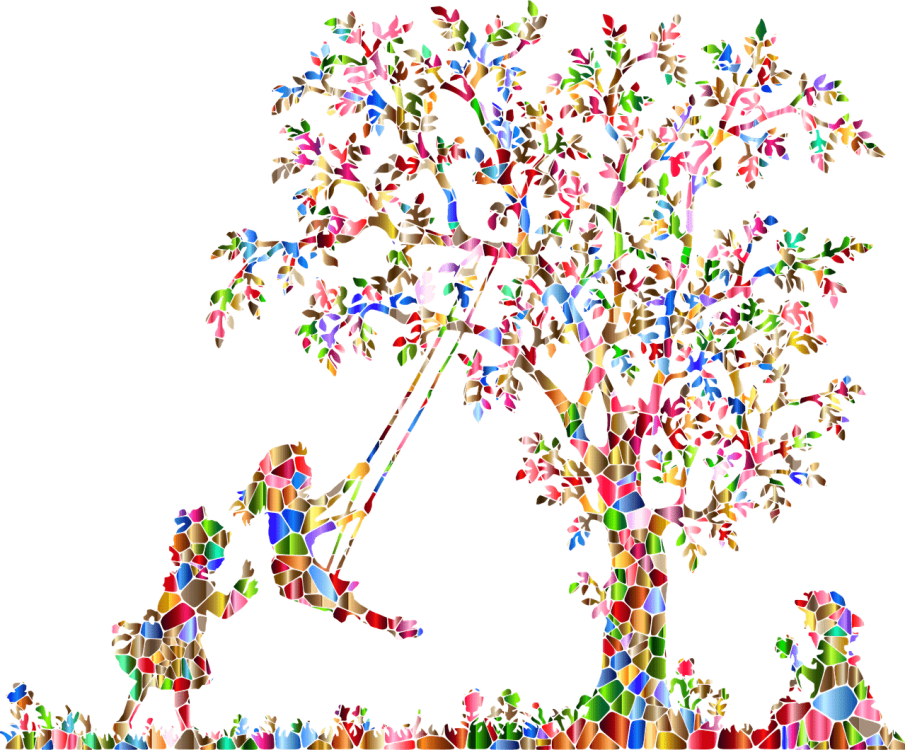What Is ADHD ?
One of the most prevalent mental disorders affecting children is attention-deficit/hyperactivity disorder (ADHD). ADHD affects many adults as well. ADHD signs include inattention (not being able to maintain focus), hyperactivity (excess movement that does not suit the setting) and impulsivity (hasty actions that occur without thinking at the moment). Moreover, an approximately 8.4 percent of kids have ADHD and 2.5 percent of adults. So, when it leads to disturbance in the classroom or difficulties with schoolwork, ADHD is often first diagnosed in school-aged children. Furthermore, it can impact adults as well. Among boys, it is more common than among girls. Two types of symptoms, that of inattention and the other of hyperactivity-impulsivity, can be found in children with Attention Deficiency and Hyperactivity Disorder.
ADHD Treatment at Navi Mumbai Clinic, India
Our child psychologist Dr. Vikas Deshmukh will take a comprehensive history of parents in children with ADHD is a significant first assessment phase. Often, teacher guidance is often sought; ADHD has to be experienced in all environments, school and home, after all. The clinical evaluation of the infant, however, is also very significant. So, some kids may display signs of both groups of symptoms, while some kids, alone may suffer from inattention. Therefore, in order to remedy the neurochemical imbalance, the therapy requires medicine. ADHD can contribute to learning difficulties in the child and may have a negative impact on the academics of the child. Timely care is therefore, necessary. Psychotherapy also assists in physical therapy.

ADHD's main cause
As such, there is no specific reason for ADHD. Multi-factorial, it is. More often than not, it can arise from more than one specific cause. It is believed that the causes are genetic, neuro-chemical, and also social factors.
Parents/teachers can find in the child the following signs of inattention:
- In schoolwork, jobs or other things, make reckless mistakes
- Does not pay enough attention to nuances
- Does not appear to listen when specifically spoken to
- Has trouble organizing roles and events
- Does not obey orders, resulting in incomplete schoolwork, assignments, duties, obligations
- Does not like, discourage or hesitate to perform duties requiring sustained mental effort
- Loses stuff required (books, toys, stationery pieces, etc.) for schoolwork or other activities.
- Forgetful in everyday operations
- Sometimes, external stimuli are easily distracted by external stimuli.

Signs of Hyperactivity-Impulsivity the parents/teachers may note the following in the child:
- Fidgety, sometimes squirming in a seat
- Since it is supposed to be seated, it leaves a class seat.
- Has trouble quietly playing
- Driving around or ascending excessively
- Talks unnecessarily, constantly,
- Often “powered by a motor” or on the move” seems to be,
- Has trouble awaiting a turn
- Blurts out replies before ever hearing the full question
- Interrupts games or interferes with conversations sometimes
Teachers and school staff can provide guidance to parents and physicians to help identify behavior and learning difficulties, and can help with behavioral intervention. School workers, however do not diagnose ADHD, make treatment decisions or compel a student to take medication to attend school. Only parents and guardians with the child’s doctor will make those choices.
Students whose ADHD impairs their learning can qualify under the Individuals with Disabilities Education Act for special education, or under the Recovery Act of 1973 for a Section 504 plan (for children who do not need special education). Children with ADHD will benefit from the teaching of study skills, improvements to the setup of the classroom, alternative teaching approaches and a changed curriculum.
Adults and ADHD
Many ADHD adults do not know that they have the disease. Usually, a thorough assessment includes a summary of past and present symptoms, a medical exam and history, and the use of scales or checklists for adult ratings. Adults with ADHD are treated with medicine, a combination, or psychotherapy. It may also be helpful to use behavior modification techniques, such as ways to reduce disruptions and improve structure and coordination, and to include immediate family members.
Get a personalized Consultation and opinion
Click below to book an appointment with Dr. Vishal Ganar.
